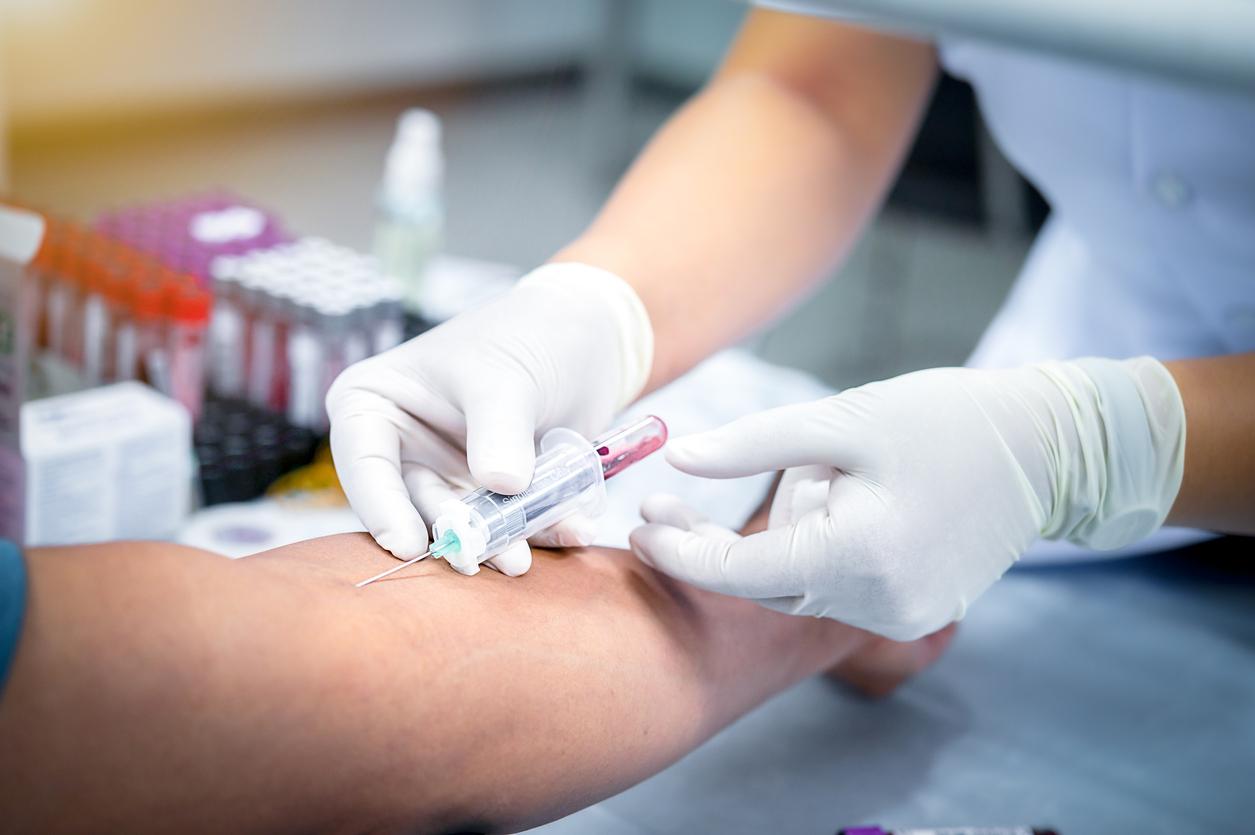New treatment for hemophilia dramatically reduces the number of bleeds. This is an antibody which acts as the factor deficient in patients.

- Hemophilia mainly affects men.
- Women with the mutation may rarely have a milder form.
- The genetic disease affects one in 5,000 male births.
- In one in three cases, no family history is identified.
- Hemophilia A is the most common form. It is defined by a deficiency in coagulation factor VIII.
When the bleeding becomes interminable, hemophilia is a real handicap for those who suffer from it. Treatments make it possible to limit its extent. But they are regularly lacking in patients. Their body develops resistance over time. This era may be over.
A new treatment, tested on 109 children with hemophilia A, reduces the number of hemorrhages. The results of the phase III clinical trial of emicizumab are published on July 10 in the New England Journal of Medicine.
A substitute for the factor
Hemophilia A is a genetic disease caused by a mutation in the gene encoding clotting factor VIII. Currently, preventive treatment consists of injecting, several times a week and intravenously, this missing factor. The approach limits the risk of bleeding over a short period of time.
But the repetition of these injections causes, in 5 to 15% of cases, a reaction of the immune system. He develops inhibitory antibodies, which reduce the effectiveness of the treatment. All that remains is the use of circumvention agents, which allow this defense to be overcome. A partial solution.
“Usual drugs can bypass the need for factor VIII, but they don’t work as well,” said Guy Young, lead author of this study. The bleeding remains difficult to stop, lasts longer and leaves more damage. “
Emicizumab, tested by the Children’s Hospital in Los Angeles (United States), provides a dual solution to this problem. This monoclonal antibody plays exactly the role of the deficient factor VIII: injected subcutaneously once a week, it binds to coagulation factors IX and X. In theory, hemophilia patients should suffer less bleeding.
Simpler, safer
The facts confirm this hypothesis. Compared to untreated children, those on emicizumab saw the number of bleeds reduced by 87%. The monoclonal antibody is even superior, in terms of effectiveness, to the bypass agents: it reduces the number of hemorrhages by 79%.
“It’s a real breakthrough for people with hemophilia A who no longer respond to the usual anticoagulant treatments, welcomes Alan Wayne, director of the Center against cancer and diseases of the blood – where the test was conducted.
And it’s not just in terms of efficacy that the antibody is showing promising results. “Compared to antibody bypass agents, emicizumab is easier to administer, requires less frequent doses,” explains Alan Wayne. His safety also appears to be superior and no resistance developed during follow-up.
It remains to be seen whether these findings will be enough to convince the United States Food and Drug Administration (FDA), which is currently evaluating emicizumab. Other trials, still in progress, could plead in favor of the drug. They are testing its impact on hemophilia A patients who have not developed inhibitory antibodies.
.

















